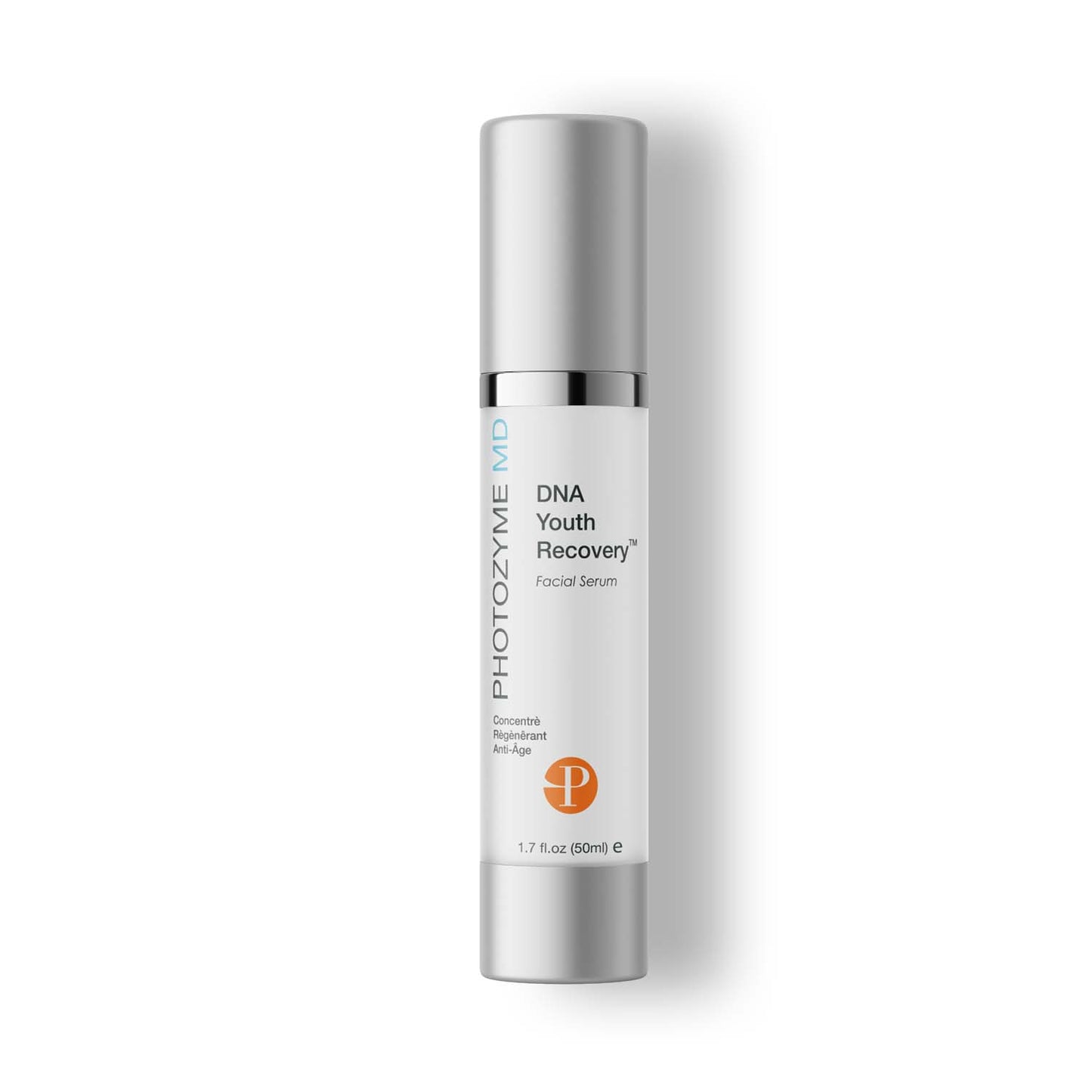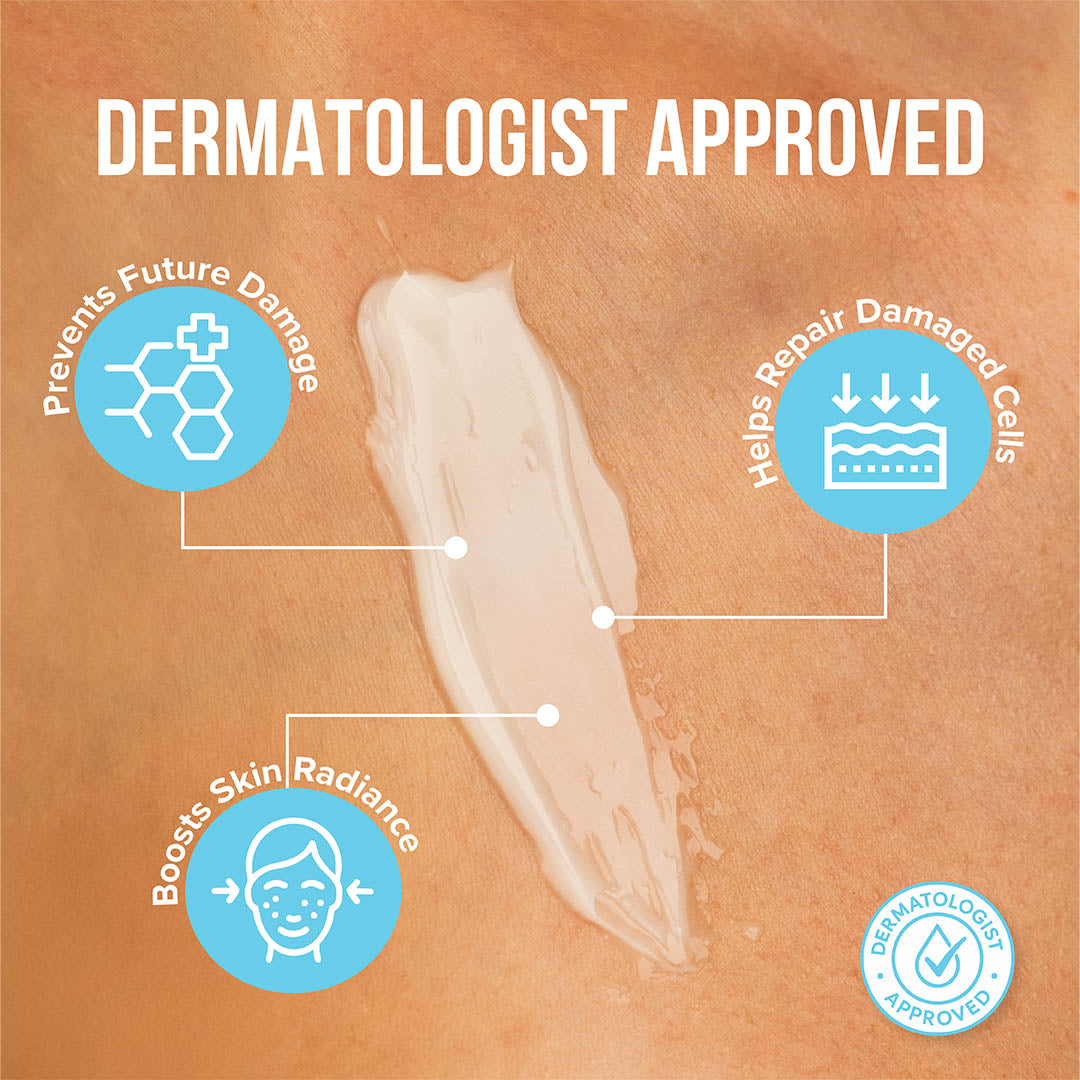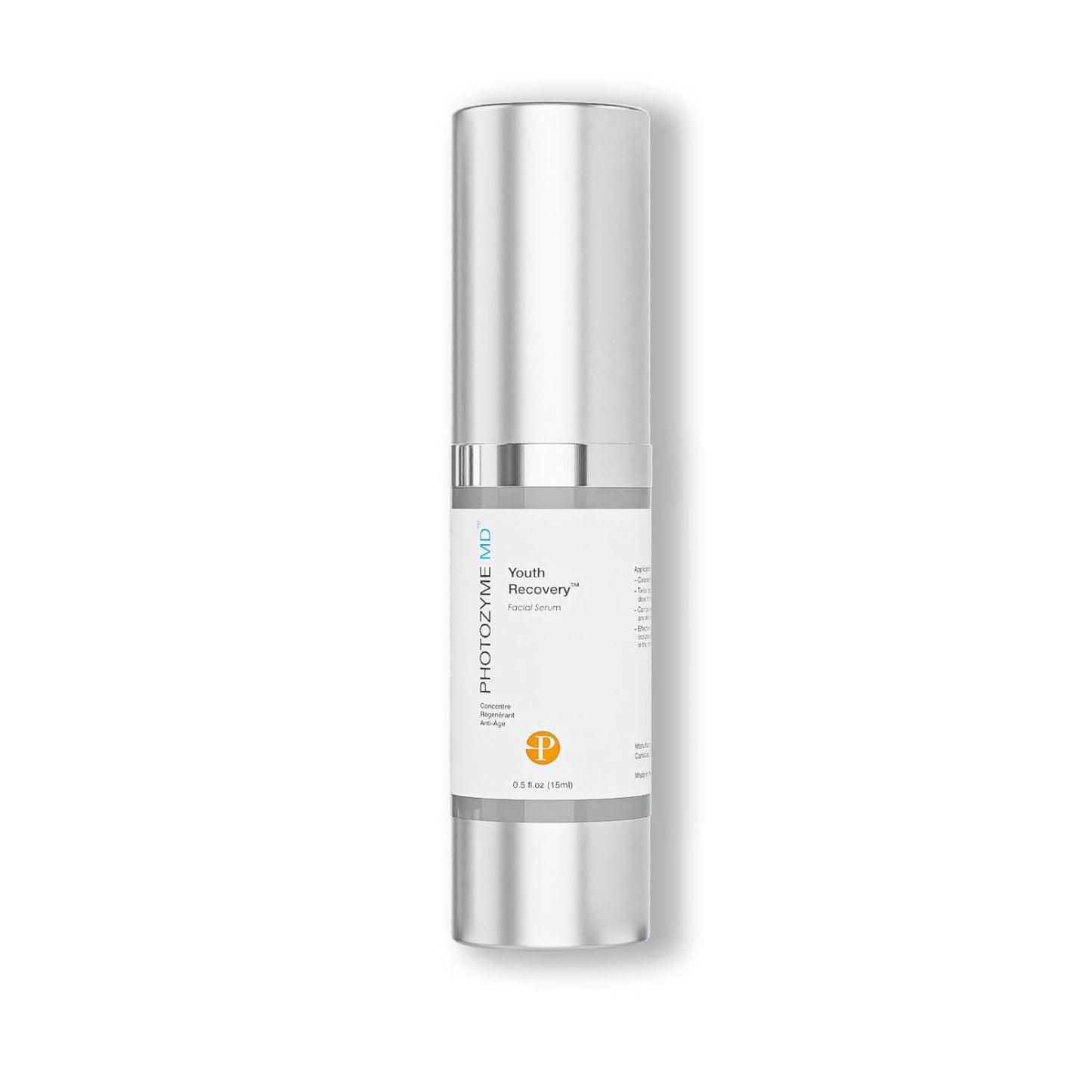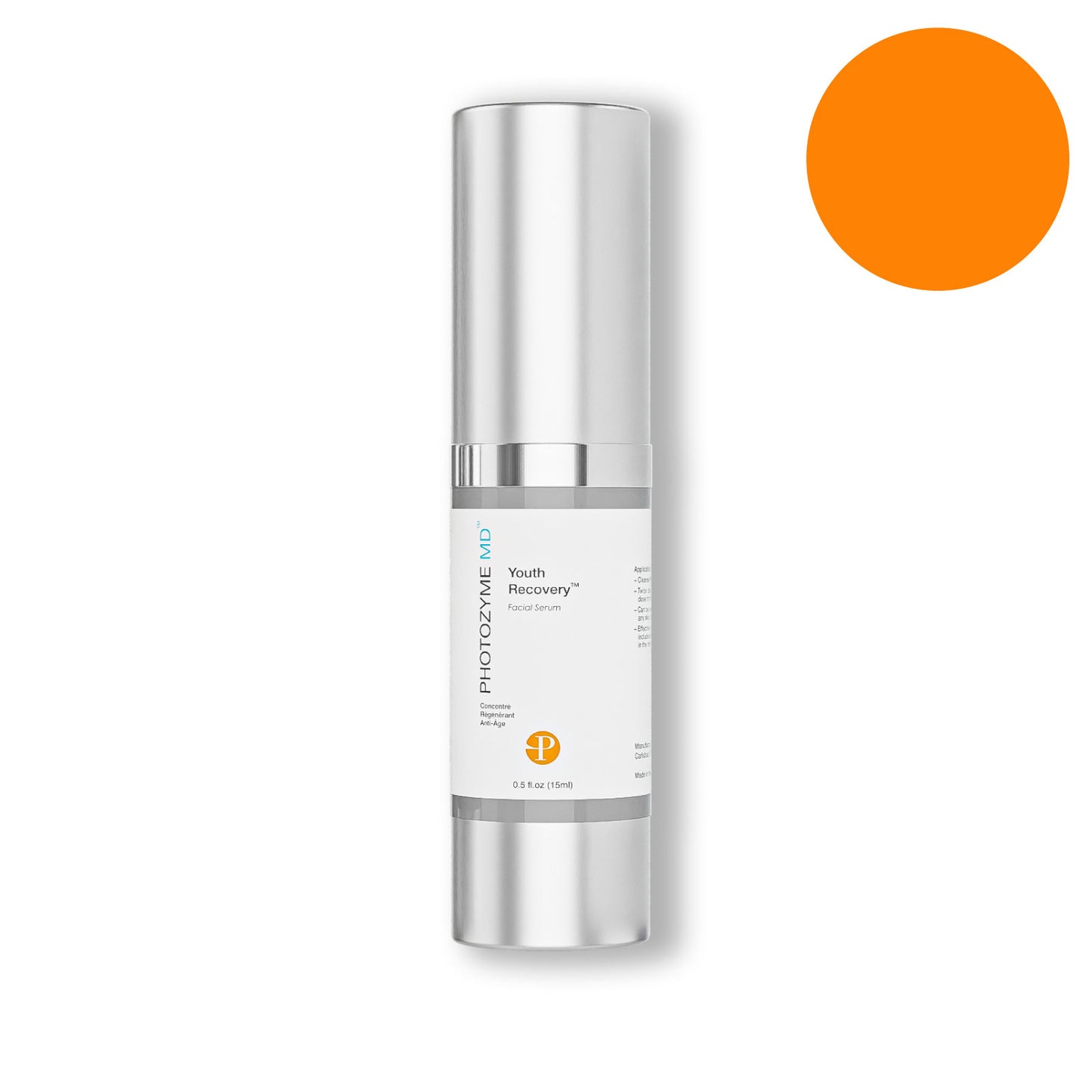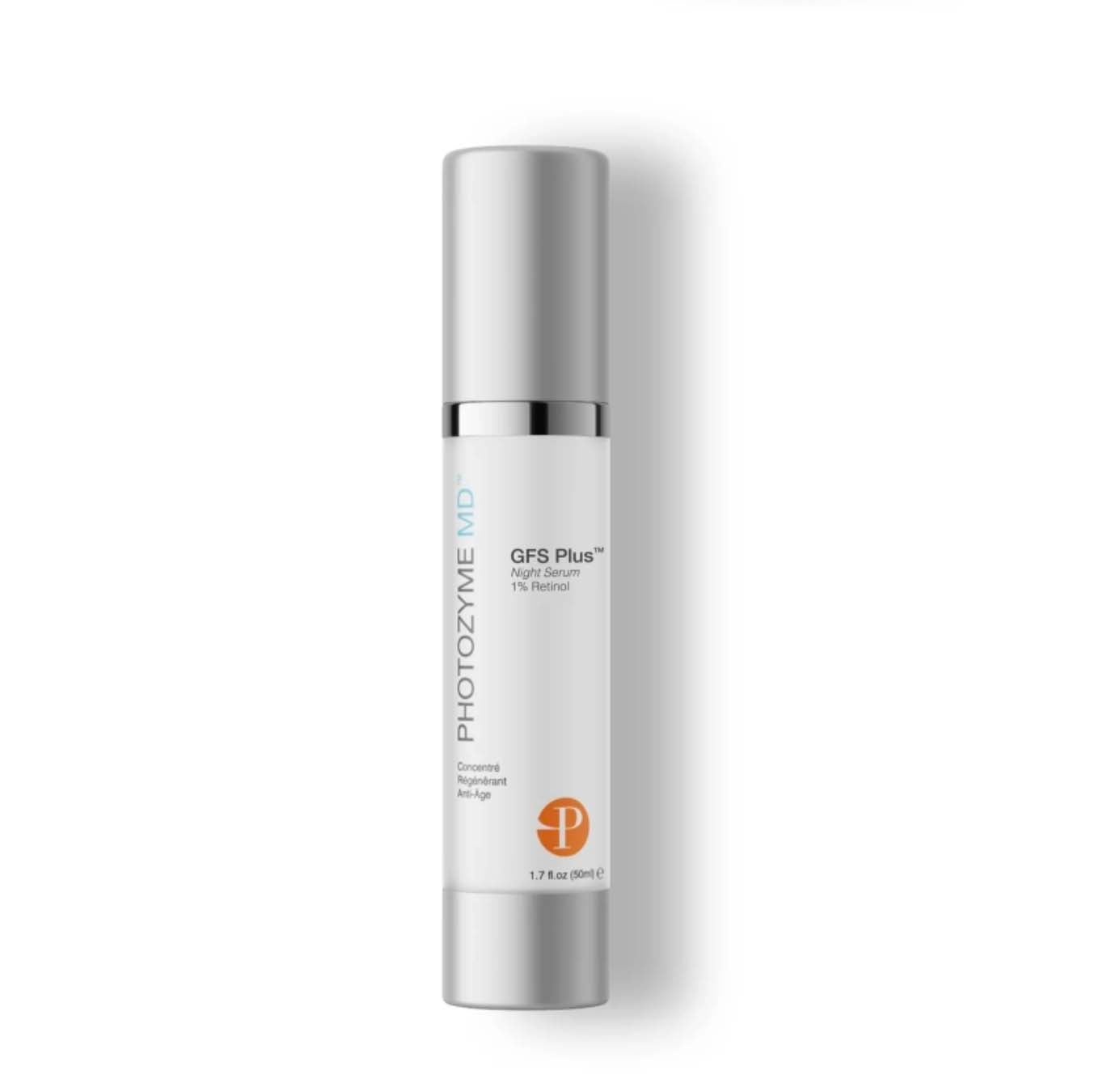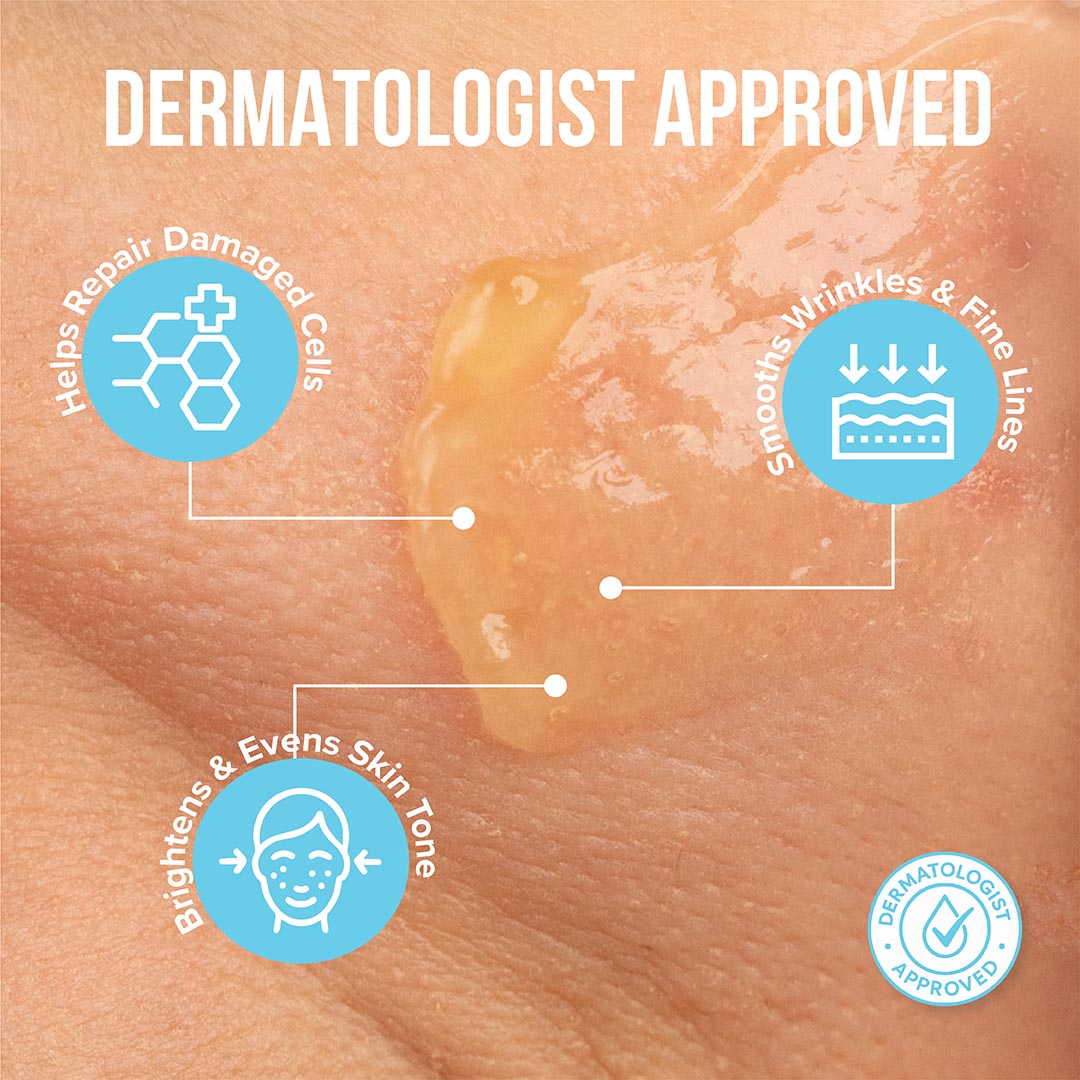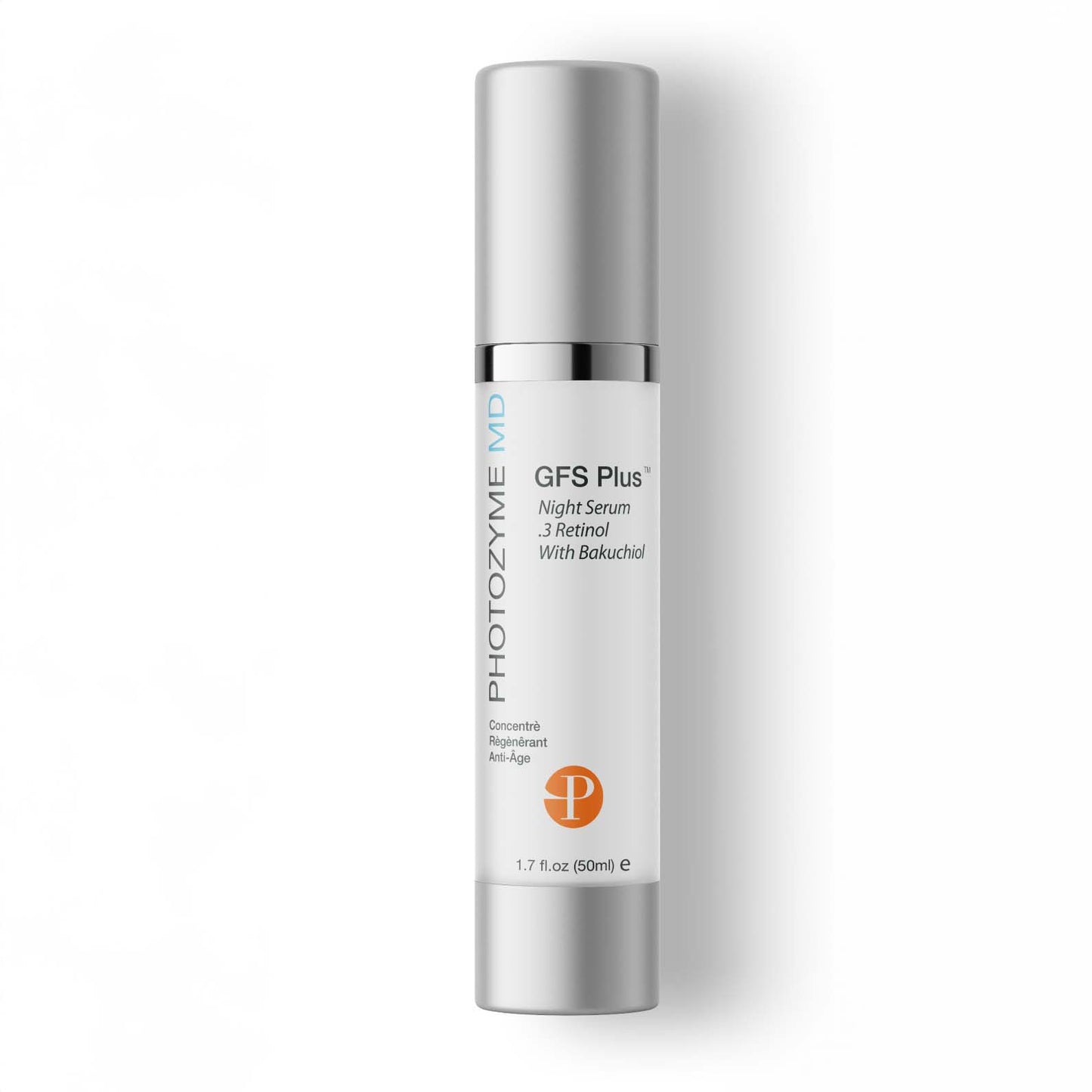Tackling this concern requires a targeted approach, and serums have emerged as pivotal tools in both professional and at-home skincare routines. Their lightweight texture and concentrated ingredients enable deeper penetration to address the root causes of hyperpigmentation at a cellular level. To ensure you get the most out of your product, learning how to apply serum on face correctly is a key step toward maximizing results.
The Science Behind Serums
Unlike creams and lotions, serums are formulated with smaller molecular structures, allowing active ingredients to reach deeper layers of the skin. This precision delivery system maximizes the efficacy of ingredients that inhibit melanin production, boost cell turnover, and repair environmental damage. The result is a more focused and expedient approach to correcting pigmentation irregularities. If you’re wondering what does serum do for your face, this deep penetration and targeted action are the primary reasons.
Key Ingredients Proven To Fade Hyperpigmentation
Effective serums harness potent actives such as vitamin C, niacinamide, and retinoids. Vitamin C functions as a powerful antioxidant, neutralizing free radicals while suppressing excess melanin production. Niacinamide, a form of vitamin B3, interrupts the transfer of pigment within the skin, leading to a more uniform complexion.
Retinoids accelerate skin cell turnover, enabling old, pigmented cells to be shed and replaced by new, healthy skin. Clinical studies continually validate the benefits of these ingredients in reducing visible discoloration and improving overall skin clarity.¹
What To Look For In The Best Serum For Hyperpigmentation
Below, we break down the essential attributes every clinician and educated consumer should consider when searching for an effective hyperpigmentation solution.
Potent, Clinically Backed Ingredients
Hyperpigmentation is a complex process rooted in overactive melanin production, often triggered by sun exposure and environmental aggressors. The best serums utilize active ingredients with substantial peer-reviewed research supporting their efficacy for pigment correction. Look for formulations containing:
- Vitamin C (Ascorbic Acid): Renowned for its ability to interrupt melanin synthesis and protect against oxidative stress, vitamin C is foundational for brightening and evening skin tone.
- Niacinamide (Vitamin B3): A multitasking agent that inhibits pigment transfer within the skin while also supporting barrier function and reducing inflammation.
- Alpha Arbutin & Licorice Extract: Both are known for their gentle, yet effective, tyrosinase inhibition, slowing down the pigment production process without irritating the skin.
- Retinoids: By accelerating skin cell turnover, retinoids help fade dark spots and promote healthy, radiant skin.
- DNA Repair Enzymes: These enzymes tackle underlying DNA damage, often the root cause of persistent pigmentation, by supporting the skin’s natural repair mechanisms.
Advanced Delivery Systems
Even with the most promising ingredients, results hinge on efficient delivery to the target layers of skin. High-quality serums employ advanced encapsulation technologies or liposomal carriers, which enhance penetration and stability of actives while minimizing irritation risk.
Safety, Tolerability, And Formulation Integrity
The best serums for hyperpigmentation are rigorously tested for biocompatibility and safety, key for professional and patient confidence, especially in sensitive and post-procedure skin. Hypoallergenic, fragrance-free, and non-comedogenic formulations are preferred to reduce irritation that could worsen pigmentary concerns.
Synergy With Professional Treatments
When used alongside in-office procedures like chemical peels, lasers, or microneedling, a well-formulated serum can accelerate results, optimize healing, and reduce risk of post-inflammatory hyperpigmentation. Seek products designed with this synergy in mind, suitable for both pre- and post-procedural protocols.
Preventing Hyperpigmentation: Tips And Tricks
Hyperpigmentation often develops as a direct response to environmental stressors, hormonal fluctuations, and inflammatory processes on the skin. A well-rounded prevention strategy is the most proactive approach to managing uneven skin tone. Below, we break down evidence-based steps you can take to support skin clarity and resilience.
Optimize Sun Protection
UV radiation is the primary driver of hyperpigmentation, stimulating excess melanin production and DNA damage at the cellular level. Daily use of broad-spectrum sunscreen with an SPF of 30 or higher is non-negotiable. Reapply every two hours during outdoor exposure, and don't forget areas like the neck, chest, and hands. For added defense, incorporate protective clothing and seek shade whenever possible.
Adopt A Targeted Skincare Regimen
Choose cleansers, moisturizers, and serums designed for sensitive or pigment-prone skin. Look for ingredients such as niacinamide, vitamin C, and retinoids—each scientifically proven to help control melanin synthesis and promote even skin tone. If you struggle with dryness while using these actives, see our tips on how to cure dry skin on face overnight. Always patch test new products, and introduce active ingredients gradually to avoid irritation, which itself can trigger post-inflammatory pigmentation.
Limit Exposure To Triggers
Apart from the sun, other factors like heat, pollution, and even some medications can exacerbate hyperpigmentation. If possible, limit time spent in hot environments and urban pollution. If a medication is contributing to changes in your skin, consult with your healthcare provider for possible alternatives.
Manage Inflammation Proactively
Any skin injury, from acne breakouts to minor scratches, can result in lingering dark marks if inflammation is not quickly addressed. Use gentle, microbiome-friendly formulations, and avoid aggressive scrubbing or picking at the skin. Over-the-counter anti-inflammatory agents, like topical corticosteroids (for short-term use) or soothing botanicals, can reduce pigment risks.
Emphasize Consistency In Care
Hyperpigmentation requires vigilant, ongoing care. Establish a morning and evening skincare routine, adapting products and actives as your skin’s needs evolve. Consistency is key to achieving and maintaining a visibly even complexion.
